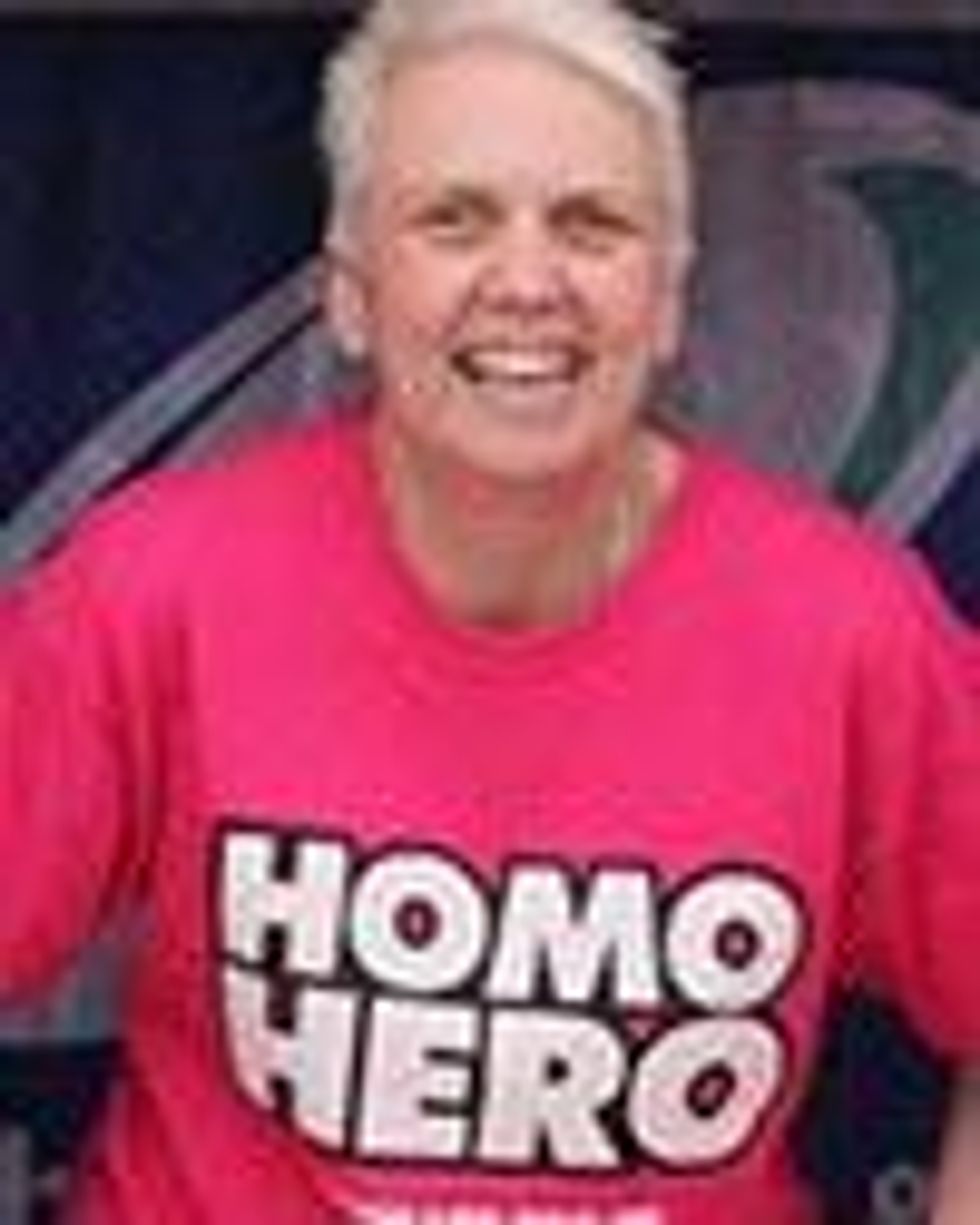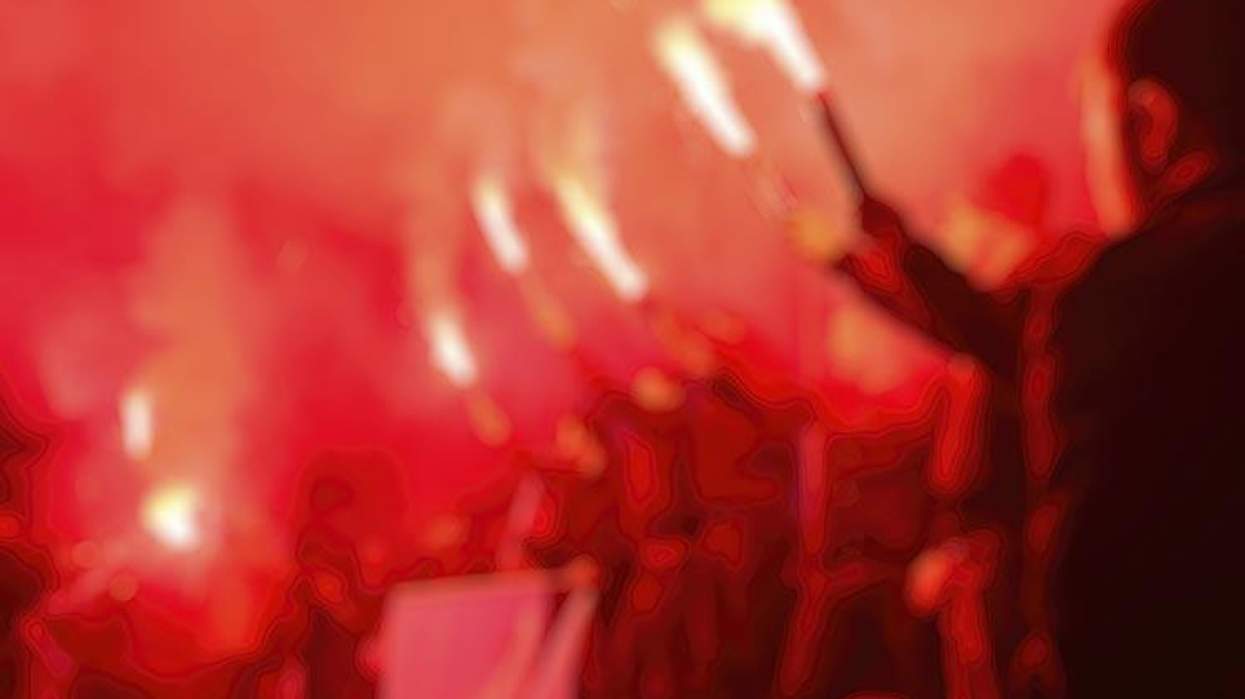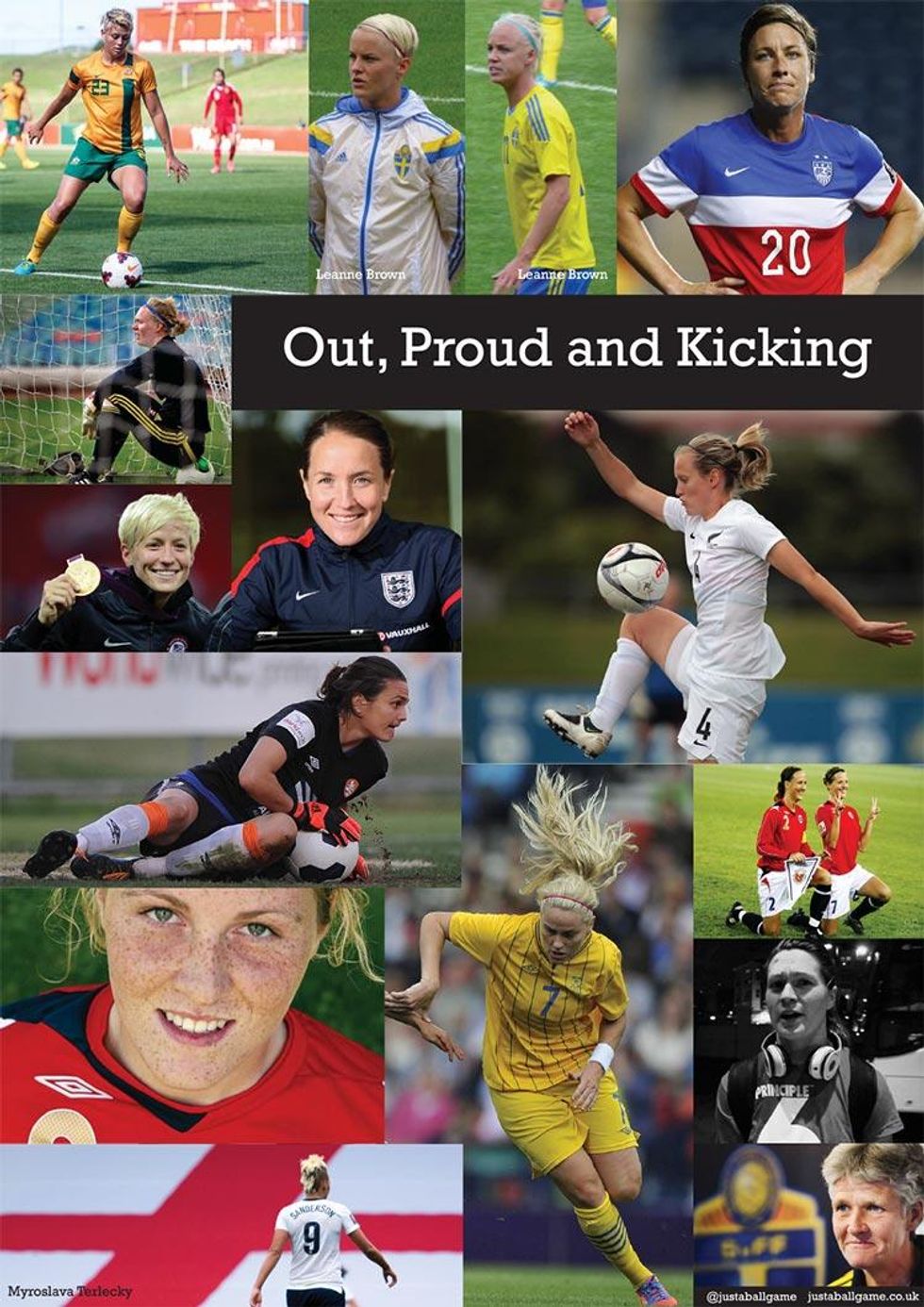Our organization Just a Ball Game? is calling on the International Olympic Committee and the Federation Internationale de Football Association to condemn the homophobic insults directed at players at the Rio 2016 Olympic Games football matches, and address these issues to ensure the safety of everyone, including LGBT players, coaching staff, and those in the stands.
The chanting of "bicha" in the stadiums -- witnessed by fans and journalists during football games -- is unacceptable and we urge all football authorities globally to take a stand against this behavior. The Portuguese word "bicha" is used in much the same way "puto" is in Spanish -- it means "f****t." Those watching the Olympic coverage across the world could clearly hear fans in the stadium break out a chorus of the word in a number of games while particular players touched the ball.
Moving forward, JBG? also wants assurances from the Union of European Football Associations that players competing in the Women's Euro 2017 finals in the Netherlands will be given the protection and support necessary should similar incidents occur. JBG? would also like to see UEFA work in collaboration, both in the lead up to and during the tournament, with organizations like ourselves and LGBT fan groups across Europe. Many of these fan groups have existed for over a decade and are part of the organization Queer Football Fans. UEFA could fund partnerships and send out the right messages to educate stadium event staff in dealing with homophobic discrimination promptly, as well as educating supporters on what is acceptable language. We also call for official antidiscrimination events to raise awareness of LGBT inclusion and visibility.
Too often it's assumed that homosexuality is fully accepted in all women's sports and that athletes don't face discrimination, but during the 2015 Women's World Cup only 14 of 552 players felt comfortable coming out in the press.
It seems like stigma and prejudice around women playing football has been around forever, as the sport fails annually in delivering on equality, inclusion, and diversity. Last year's Women's World Cup in Canada showcased elite players from across the globe, many of whom were for the first time paid a wage (of sorts) to train and compete professionally.
While the men's professional game has been reluctant to be fully inclusive and supportive of any participant who identifies as LGBT, it's generally believed that football is much more accepting of women who are lesbian or bisexual. But exactly how true is this?
With Western society a bit more accepting of homosexuality these days, players are out to teammates, coaches, and managers in numbers that haven't really budged in 10 to 15 years. Still, very few playing at the highest level are out and proud publicly, meaning there is a shortage of much-needed role models for young people to look up to and aspire to.
We at Just a Ball Game? have been given a number of reasons for this. Some say it's a nonissue, some are out to their team but not to family members or friends, some are not out to work colleagues, and some still fear being vocal about sexuality will affect endorsements or chances of being selected for a team or to represent their country. Others quite simply want to keep their private life just so, and others see a need to protect partners or family from bigotry or abuse.
In celebration of those female players who have spoken to the media about their sexuality, here at JBG? we have produced a double-sided poster of 14 players and a coach who are out, proud, and kicking.
In England, with the popularity of the Football Association Women's Super League increasing rapidly, we're aware of an increasing number of homophobic incidents directed towards fans and players alike -- but so far these have been made by a lone person or a small group. How long will it be before we have to endure the homophobic chants of the type seen at Rio 2016? There is a need for the Football Association and clubs to be proactive and nip in the bud isolated incidents of this nature.
Lisa Durel, a writer for Women's Soccer France, had this to say: "Making homophobia commonplace is disrespectful to players, staff and also fans who identify as being LGBTQ. If we fight homophobia by banning it from the stands this creates the correct atmosphere for players and fans alike and people will gain in confidence in being themselves and women's soccer will get what it deserves, full recognition and a safe environment to support, cheer and share the best of moments."
To date, all we have read from FIFA is spokeswoman Carolina Almiron at the U.S. game in Rio claiming she didn't hear any antigay slurs, and stating, "I don't think it's an issue," followed by saying FIFA would not be taking any action unless there was a "formal protest" from the United States. Anyone want to start?

















